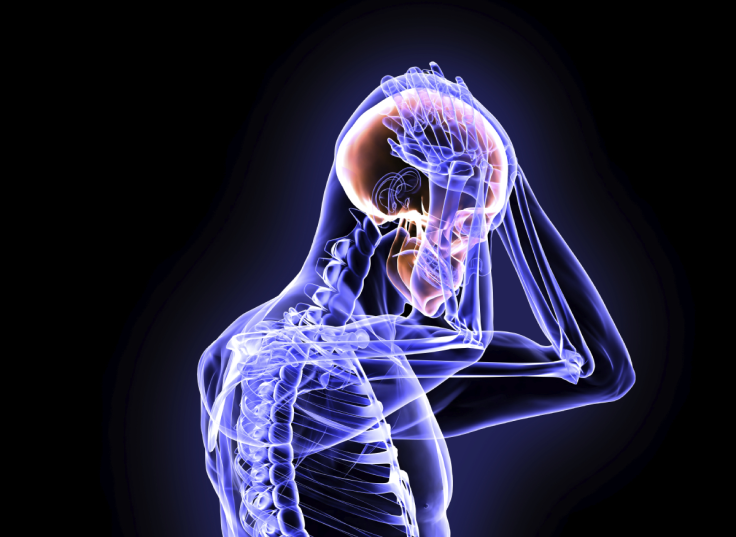Schizophrenia is a 'modern' disease, developing after humans diverged from Neanderthals
Genetic data suggests our closest relatives did not develop the psychiatric disorder

Schizophrenia is a "modern" disease, which developed after humans diverged from Neanderthals, between 300,000 and 700,000 years ago. Scientists say no genetic evidence suggests early hominids suffered from the psychiatric disorder.
An evolutionary enigma – that's how scientists usually describe schizophrenia. The disease has plagued humans for centuries and persists, having harmful effects on behaviour and well-being and – more importantly from an evolution point of view – reducing rates of producing offspring. Although the exact causes of schizophrenia are unclear, scientists know that genetics play an important role in its onset.
In a study published in Biological Psychiatry, an international research team has compared the genetic information of Neanderthal men and early humans, suggesting that schizophrenia may in fact be a side effect of the evolutionary changes that led Homo sapiens to diverge from its closest known relative, Neanderthal.
The scientists have identified an association between genetic risk for schizophrenia, and markers of human evolution.
Genome-wide association study
The team, from the University of Oslo and the University of California (San Diego), examined genetic data collected from ancient Neanderthal remains, as well as genetic information from recent genome-wide association studies of schizophrenia sufferers. The objective was to pinpoint genetic overlaps between modern schizophrenia patients and Neanderthal men.
The researchers found out that regions of the genome – or loci - typically associated with schizophrenia were more likely to be found in regions that had diverged from the Neanderthal genome. The scientists then identified loci associated with evolutionary markers in modern genomes, showing that many of the gene variants that have gone through positive selection – and conferred evolutionary benefits to modern humans – are related to cognitive processes.
The researchers' hypothesis is that schizophrenia could constitute the downside of advantageous gene variants linked to the acquisition of human traits, like language and complex cognitive skills. They believe these beneficial skills might also be linked to genes that increase our propensity to developing psychoses.
"Our findings suggest that schizophrenia vulnerability rose after the divergence of modern humans from Neanderthals, and thus support the hypothesis that schizophrenia is a by-product of the complex evolution of the human brain", concludes lead author Ole Andreassen.
© Copyright IBTimes 2025. All rights reserved.






















